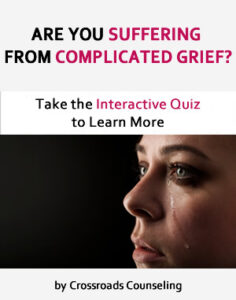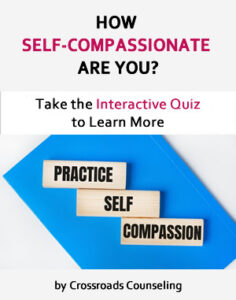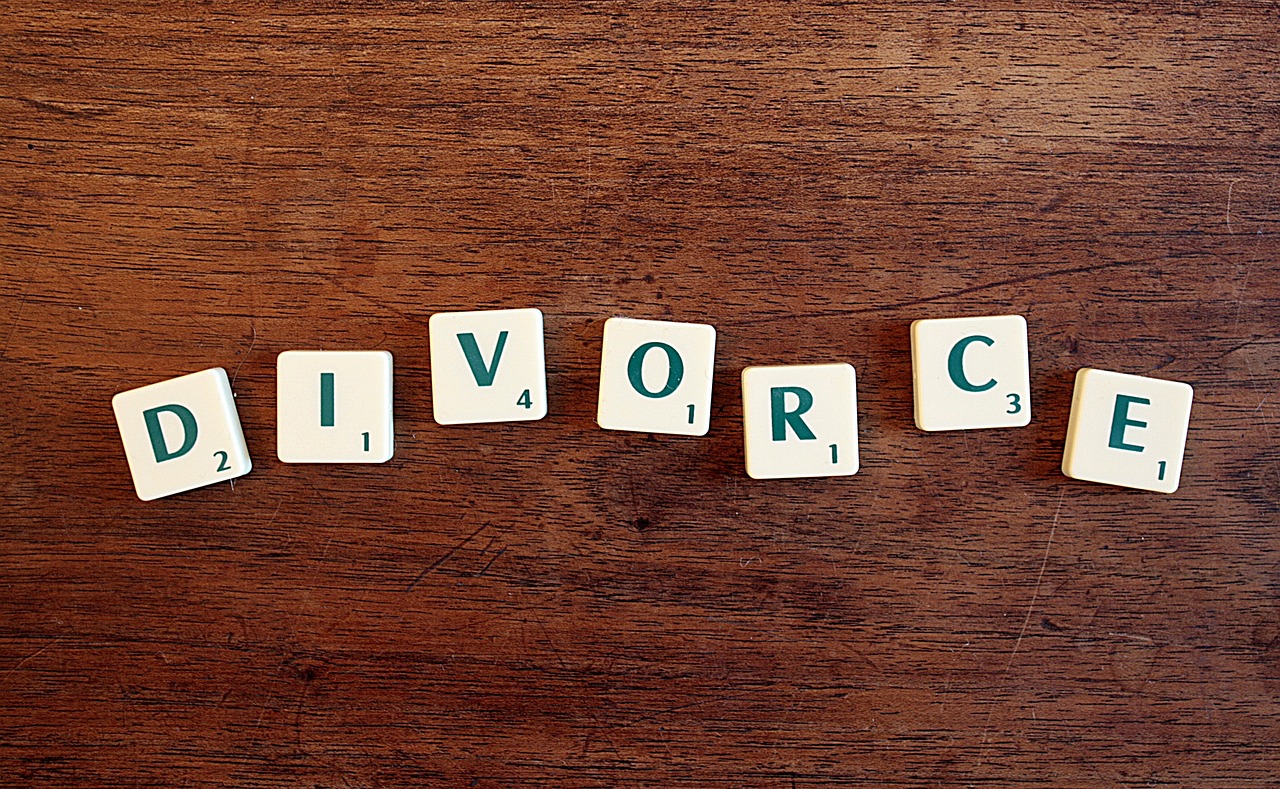There are many situations a couple can plan for. Topics pertaining to money, raising a family, sex life, and so on are somewhat obvious in that realm.
But how many folks ponder an experience like grief?
Inevitably, both partners will face loss and suddenly, priorities shift and dark clouds gather. As a society, we talk very little about grief and loss. Therefore, when faced with the pain or mourning, we might find our relationships pushed to the limit.
When and How Does Grief Happen?
The easy answer relates to, say, a death in the family or traumatic illness. In reality, grief casts a much wider net. We all experience a vast array of losses. It might be something tangible like being compelled to relocate or suffering financial hardship. Other times, it is harder to quantify as in losses of innocence or stability.
Regardless of its cause, bereavement is a painful and unpredictable process. It impacts us in ways we never imagined. Needless to say, this means those in our life will experience some fallout. In the case of romantic relationships, grief has the potential challenge even the deepest bond.
How Grief Can Impact Your Relationship
Each relationship will feel things differently but there are common threads. Perhaps the most universal characteristic is how it feels like such a solitary experience. You may believe that no one understands what you are going through. This is very difficult for the partner of the bereaved. They are left to walk a very fine line between supporting the experience but not usurping the pain.
Another challenge for bereaved couples? Intimacy. The grieving partner may go through a period without any desire for physical contact. Patience and direct communication are essential. You might say they are the two essentials! To follow are some other suggestions and issues.
How to Stay Connected Partners Through the Pain
Remember: Grief Has No Deadline
Grief is not something we “move past.” More accurately, we integrate it into our lives in the healthiest way we can. Do not rush yourself or your partner.
Remember: Grief Has No Blueprint
Everyone grieves differently. Outside of complicated grief, there is no right or wrong way to mourn.
Do Not Suppress the Feelings
Our defense mechanisms will urge us to push down what causes us pain. But we must feel this in order to prevent a worse relapse down the road.
Whenever Possible, Take a Time-Out
This is tricky ground here but no one can focus on their loss and grief 24/7. It’s okay to heal through distraction and self-care.
Do Not Try to “Fix” Your Bereaved Spouse
Support, in this case, maybe best in the forms of attention, listening, and presence. It’s not a problem to be fixed. It is a reality to be validated.
Some Problems are Too Big to Tackle Alone
Grief eventually strikes all of us. Relationships carry with them a very unique slate of circumstances and concerns. If you pile grief atop this unique slate, you may feel like you’ve lost your footing. In times like these, it makes a whole lot of sense to reach out for guidance and support. Family members and loved ones are indispensable. But what if you need more?
Counseling is a valuable tool. You may opt to try it on an individual basis. When grief directly impacts your coupledom, it might be appropriate to consider couple counseling. With the mediation of an experienced and unbiased guide, you and your partner can straddle the many factors at play. Managing one’s grief is crucial. Doing so in a way that strengthens your bond is ideal. Don’t go it alone.
The Intersection of Grief Work and Couples Therapy
When couples are grieving it can be overwhelming and complex. Learning how to grieve together is what is needed. Our team of caring therapists understand that the decision to start therapy can be challenging. This is why we are happy to offer a complimentary 20-minute phone consultation. Our locations for counseling are located throughout the valley with counseling centers located in Phoenix, Anthem, Scottsdale and online anywhere in Arizona. You can start your therapy journey with Crossroads Counseling by following these simple steps:
- Contact Crossroads Counseling for a complimentary 20-minute phone consult
- Meet with a grief therapist
- Start coping with your anxiety symptoms
You and Your Significant Other Can Start Grief Therapy Together! Reach Out To a Crossroads Grief Therapist Today…
Feel free to learn more about our practice by visiting our about page, FAQ, and blog, or read more about our staff members to start finding your best therapeutic fit! or, call us at 623-680-3486, text 623-688-5115, or email info@crossroadsfcc.com for more information!











